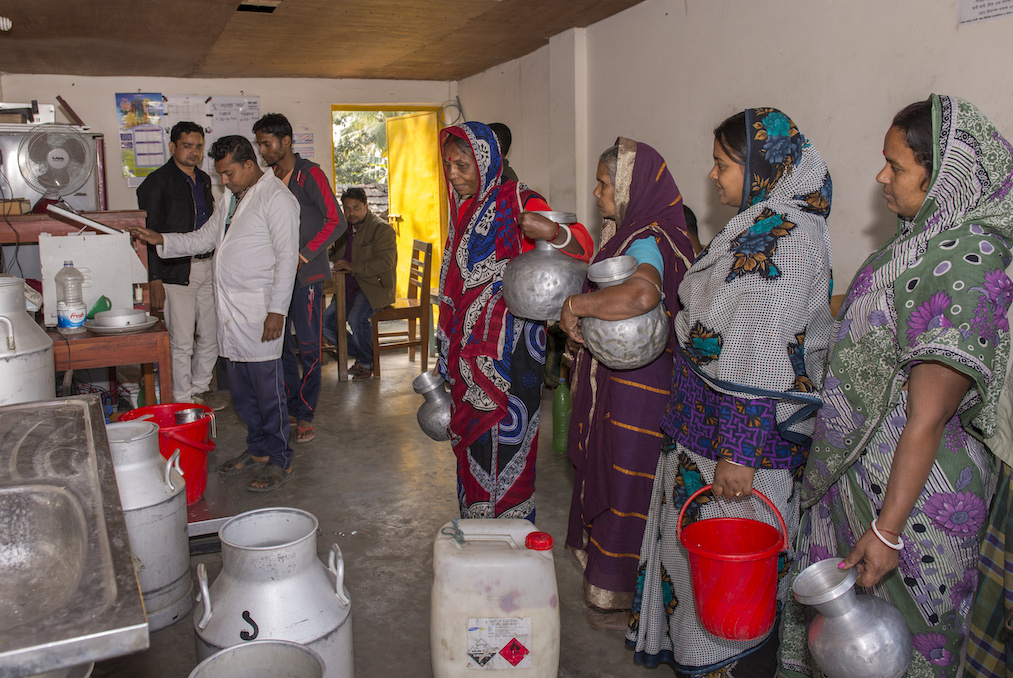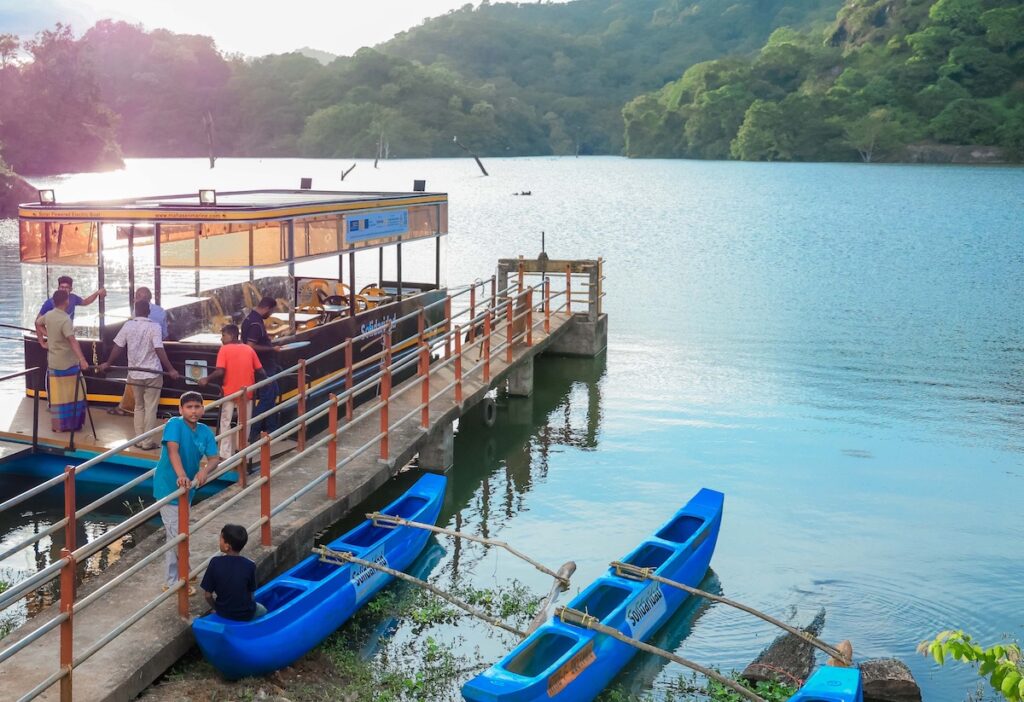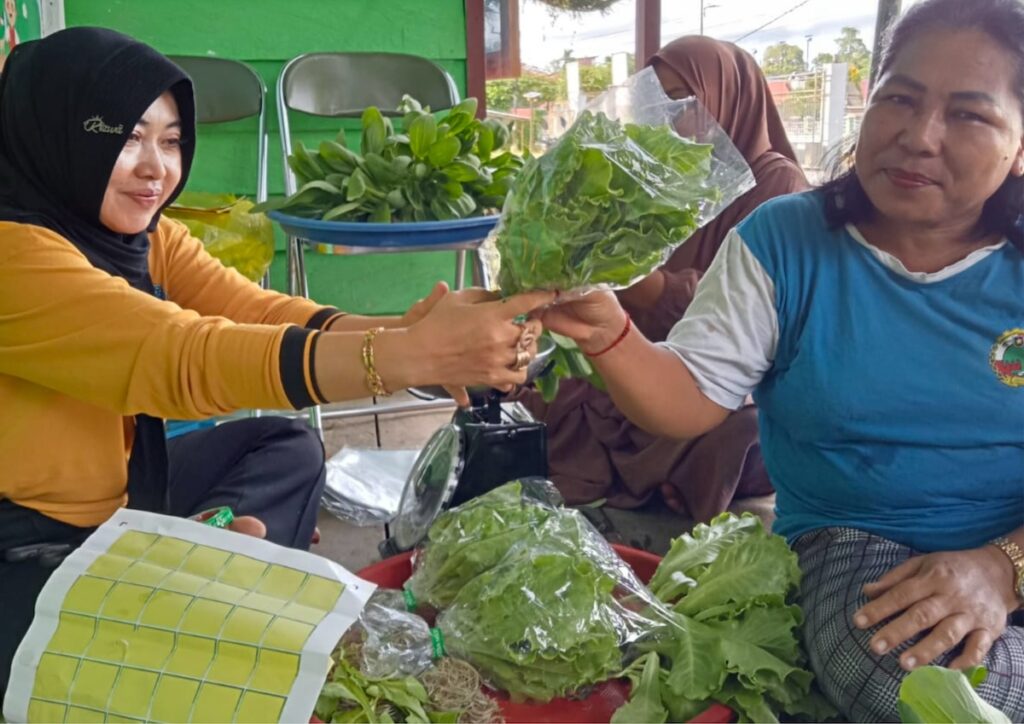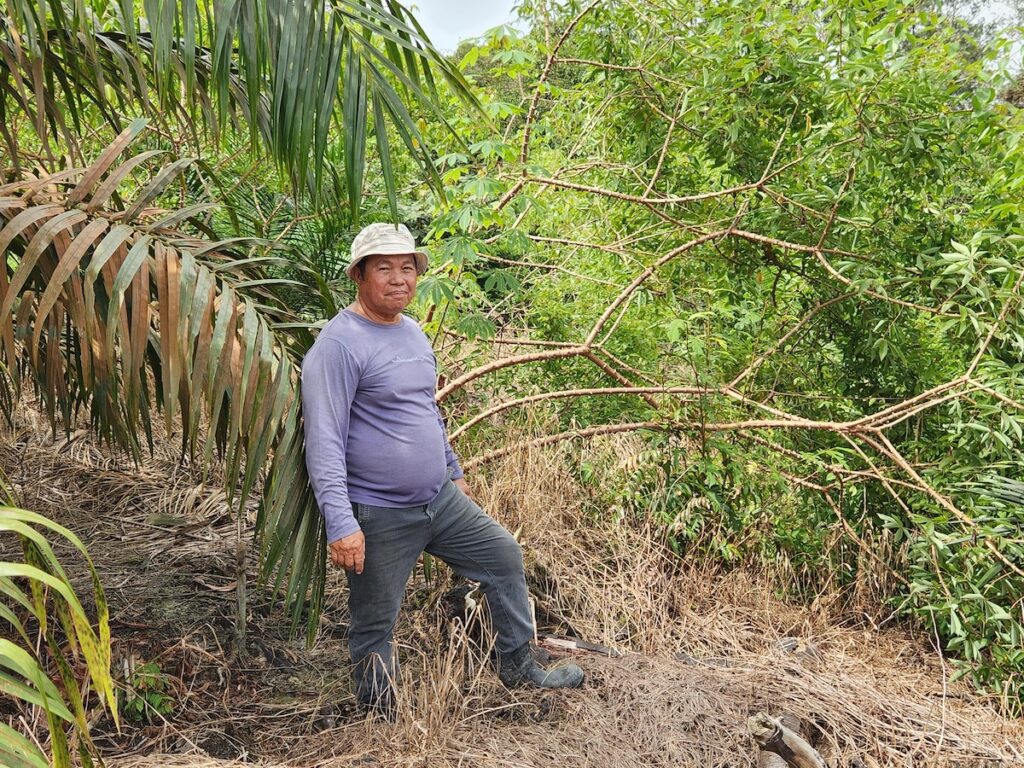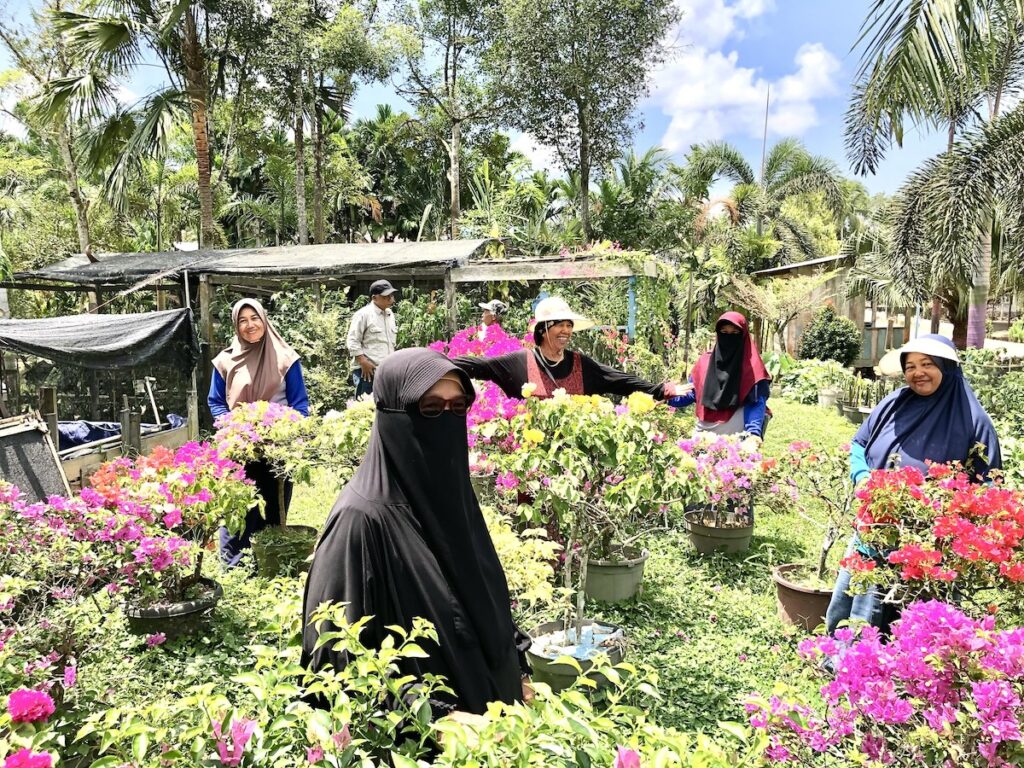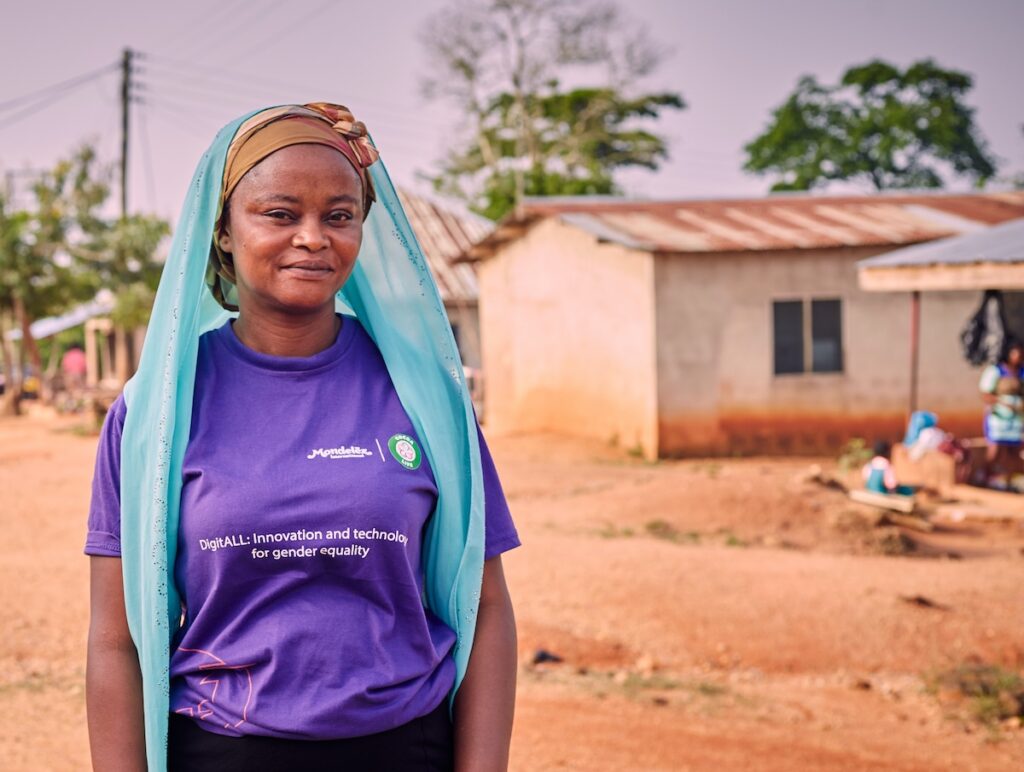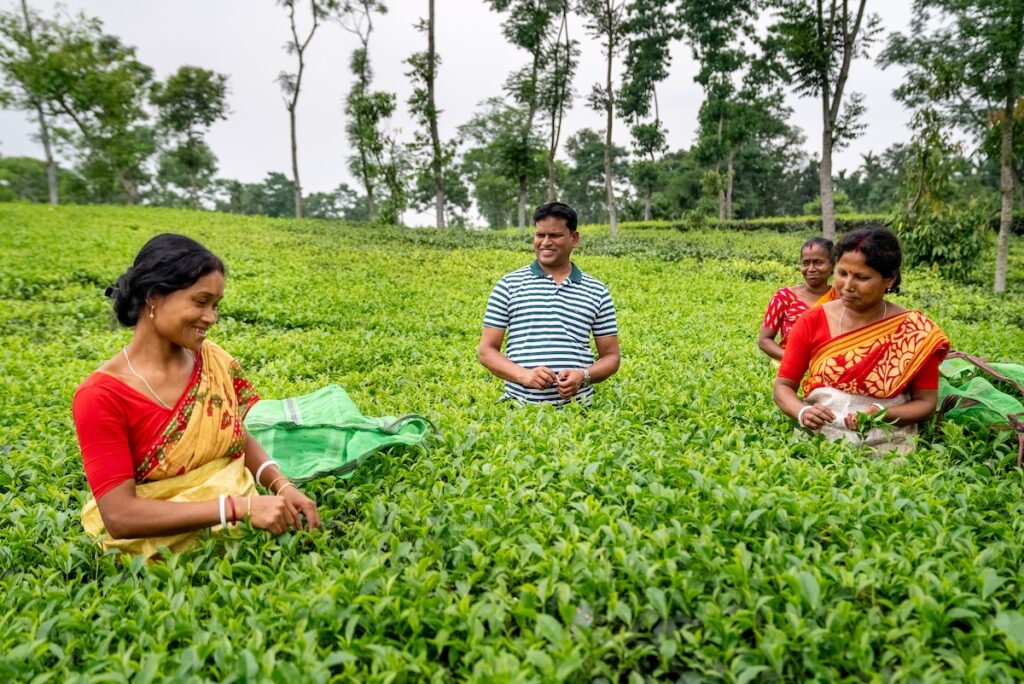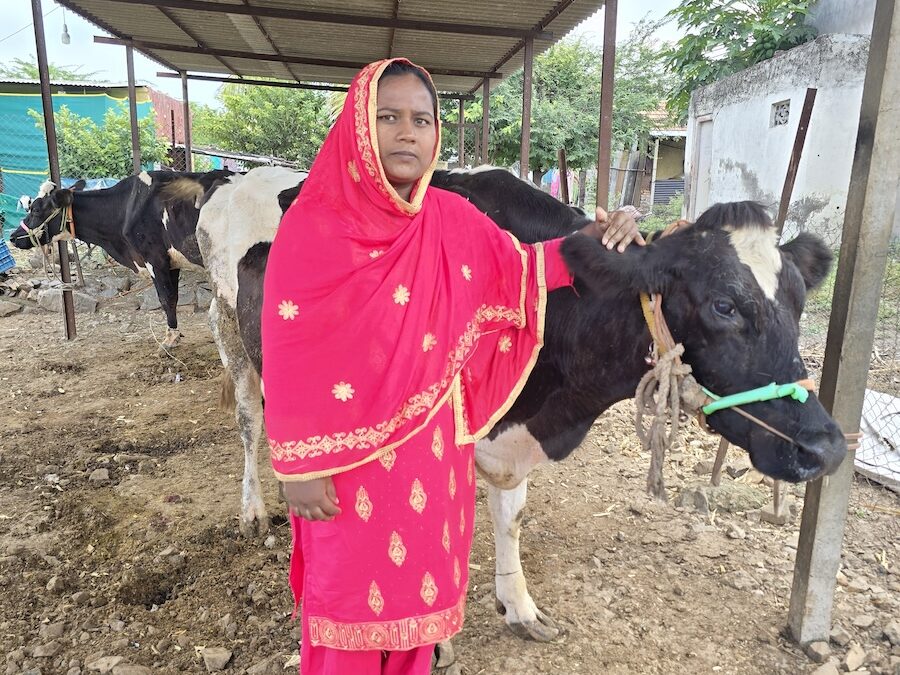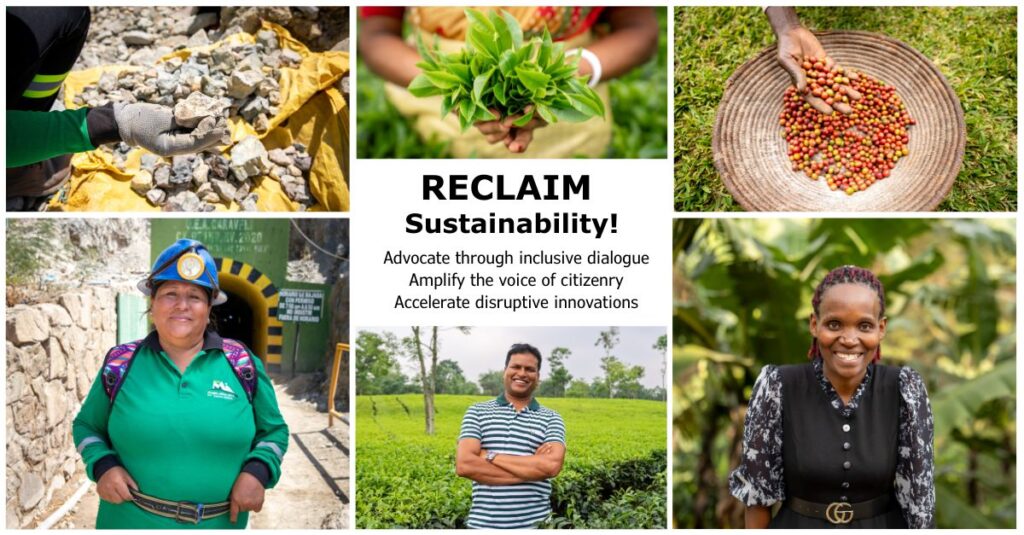Dairy farming is a prominent source of income generation for the rural communities in Bangladesh. It is estimated that the smallholders in Bangladesh produce 90 per cent of the milk sold locally. Despite the high production, much of the milk produced is however sold in the informal market, without reaping a remunerative profit for the farmers. And a vast majority of these small dairy farmers in Bangladesh are women.
Meet Protiva
Protiva Biswas of the Shinga village in Dumuria sub-district of Khulna region has grown her dairy business from strength to strength over the past decade, but not without her share of challenges.
Sale of milk was difficult. The local milkmen neither paid a fair price for the milk, nor the entire amount at one go. We had to go through financial hardship to survive.
Protiva Biswas, dairy farmer
The women dairy farmers in Bangladesh face several challenges, including that of low yields due to poor cattle management, lack of quality feed and fodder, limited access to veterinary services and poor accessibility to markets. Most of all, they often do not receive the money in hand for the milk sold. Milk produced is usually carried for sale to the collection center by a male family member, to whom the price for the milk is paid.
Lack of ownership of income also leads to poor investments in raising the productivity of farm businesses. “We could not buy concentrated feed for the cattle for higher milk production,” she adds.
The prevailing social norms inhibit women farmers like Protiva from accessing productive resources such as knowledge and skills, market, dairy input etc. Limited mobility resulting primarily from the existing gender dynamics and power relations restrict these women’s abilities to exercise equal access to and control over financial and other productive resources.
Overcoming these barriers to bring equity and fairness to the women farmers in the formal milk supply chain was not easy. Since mobility, or the lack of it, was an issue, Solidaridad Asia established a pilot initiative of using digital medium to reach out to the women dairy farmers. The objective was to ensure that i) even if they are unable to attend the in-person training sessions, they could learn virtually through digital medium; ii) they can go back and listen to the training sessions whenever required.
The pilot programme also enabled these women farmers to gain access to the banking/mobile wallet systems. Thus, the money from the sale of milk could directly be transferred to the women’s bank account, giving them control over their income.
“We can now get fair value for quality and full amount paid in our own mobile wallet. We also get notification through SMS. I can keep track of the volume of milk supplied and the price through my mobile,” mentions Protiva.
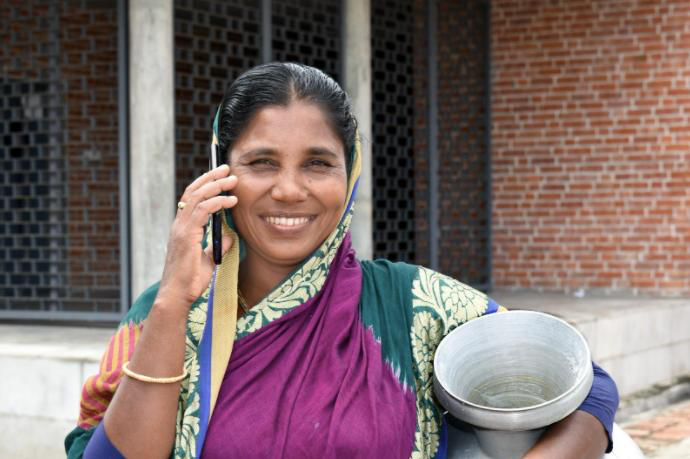
Of Initiatives & Interventions
The digital solutions employed by Solidaridad Asia offer the following benefits:
- Inclusion Through Integration (i2i) App: The i2i app collects data from the milk collection centers (quality and quantity of milk delivered and the sale price of milk thereof) and links it with the mobile wallets of the women farmers. The MCC then transfers the money directly to the bank account of women. Solidaridad is partnering with bKash to provide the mobile wallets for the women farmers. BRAC Dairy is the off-taker for the milk from the milk collection centers operated by Solidaridad-trained entrepreneurs.
- Interactive Voice Response (IVR) System for improved knowledge on good dairy farming practices: An IVR system sends text and voice messages to women dairy farmers, providing information and training related to improved dairy farming practices, reinforcing the need for better cattle management.
Over the next two years, Solidaridad aims to reach out to 25,000 women farmers in Bangladesh’s Khulna and Jessore districts with these digital tools. The data gathered from the tools will enable the teams to improve the effectiveness of their programmes related to dairy farming and other commodities in the region.
Community Awareness
For the digital tools to be widely adopted by the women farmers, it is important that their family members understand the importance of financial inclusion for women farmers and support them to use the tools. Solidaridad is training community mobilisers on concepts such as gender inclusivity, women’s empowerment, digital inclusion and financial management. About 1,500 community members, including the husbands, fathers, fathers-in-law and mothers-in-law of the women dairy farmers in the region have participated in the training sessions.
The extensive training sessions and the money from milk sales reaching me directly has brought prosperity to my household. I can now buy quality feed for my cattle.
protiva biswas, dairy farmer
The programme activities include discussion on registration with the MCCs, improved dairy farming, women’s empowerment and dairy advisory services.
“Farming excites me because I am now confident of supplying fresh and healthy milk to my family, the community and the people of my country following the best practices,” concludes Protiva.
About SaFaL
Solidaridad has been actively working with women dairy farmers since 2012 as a part of the SaFal (Sustainable Agriculture, Food Security and Linkages) programme. The initiative focusses on improved livestock management, input supply, breed development and market linkages. By training entrepreneurs in the community, SaFaL also promoted the establishment of 15 milk collection centres (MCCs), where women dairy farmers can sell the milk and get paid fair prices, based on the quality and quantity of milk delivered.

